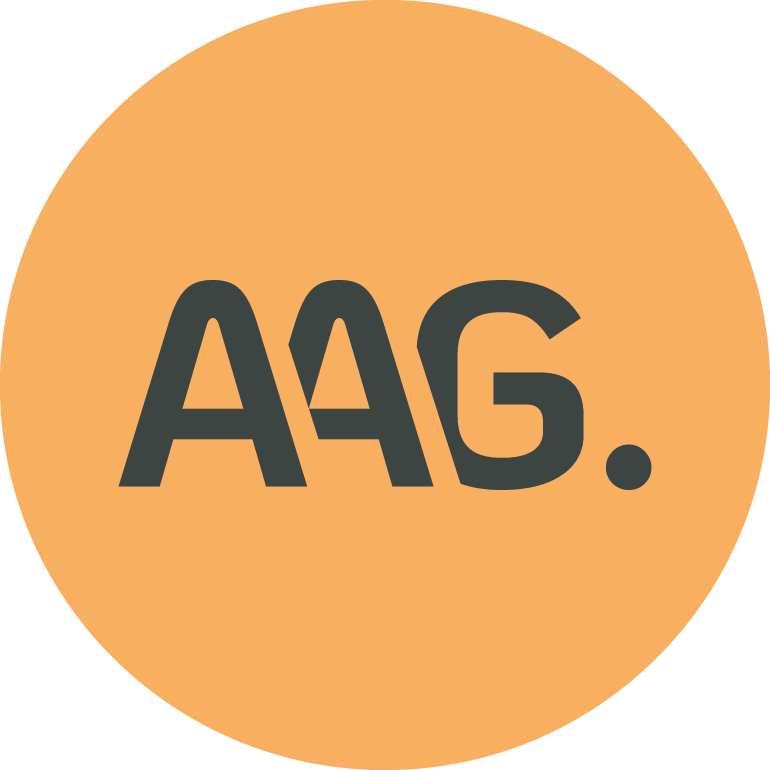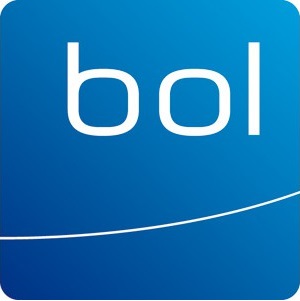A few weeks ago the Business Administration Reflection Time (B.A.R.T.) took place. This article gives you a summary of the results!
On Tuesday the 20th of April during the break, the fifth edition of the Business Administration Reflection Time (B.A.R.T.) took place. This memo gives you a summary of the results. In total, 12 students and 15 staff members joined discussions about the following three statements:
Online education after the corona measures Posed statement: ‘When the corona measures do no longer exist, online education should still be used.’
Summary of the discussions: Although both students and teachers recognize advantages of online lectures and online elements within education, both prefer education in an on campus setting. However, offering a few online tutorials per course and allowing for online exams could be beneficial for a select group of students. Furthermore, while online education can be of a very high quality, the form in which this will be conducted should be finetuned with the specific contents of courses.
Student’s ability to influence the curriculum Posed statement: ‘The current opportunities for students to influence the contents of the curriculum Business Administration are insufficient.'
Summary of the discussions: At this moment, student feedback on the curriculum is mainly gathered by looking at students’ opinions in the course evaluation questionnaires. This method could be supplemented by a less one-way oriented evaluation/feedback structure, like for example panel meetings between students, teachers and management. Besides that, students would also appreciate more feedback of the course coordinator on the course evaluation. Higher student response rates within the current course evaluation methods are necessary. Furthermore, students should be better informed about their possibilities to influence the curriculum.
Elective space Posed statement: ‘Students make insufficient use of the electives offered in the curriculum.’
Summary of the discussions: Indicate clearly where information about electives can be found and inform students about electives in their first year of study already. Furthermore, more detailed information of what can be expected about elective courses should be provided in course descriptions and the number of electives should be increased.
The detailed results of the lively discussions between students and teachers about the statements can be found in this report!























.png)


